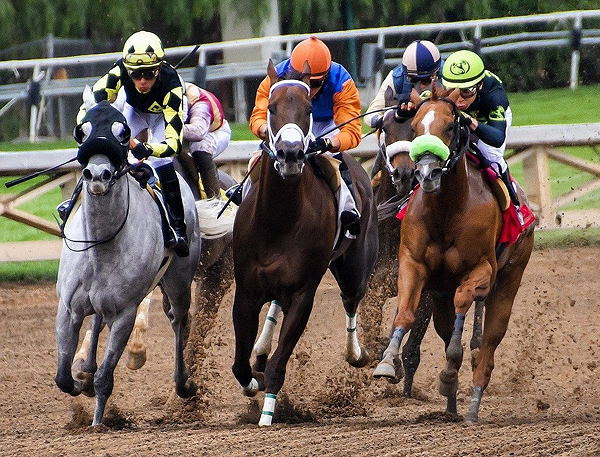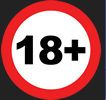 |
RacingBetter News |
| Tuesday 30th March 2021 | |
A Brief History of Horse Racing in the UK
The Brits’ love of racing horses is older than many people might realise. It is quite possible that this is one of the oldest sports still enjoyed in Britain today. With such a long and varied history, there is a lot to learn if you are more interested in the sport. Let’s take a quick look back through the years to find out more about the history of horse racing in the UK.

Evidence from the Roman Era
There is evidence to suggest that we have been racing horses in what is now the UK since as far back as the Roman era! Most of us are familiar with the Romans racing horses through chariot racing, but it appears that when in the UK they were matching horses bred from local populations with ones bought in from elsewhere in the Empire.
The First Meets
It is thought that horse meets happened over the next few centuries, as there are records of bans on the export of British horses and descriptions of “running horses” in accounts from various sources. However, it was not until the reign of Henry II that we began to see the first records of horse meets appear.
William Fitzstephen, a cleric, wrote of race meetings at St Bartholomew’s horse fair in 1174. Poets and other scholars confirmed this in the following centuries. The kings of England also began to keep their own stock of running horses, both stud and mare, and there are plenty of records of their transactions throughout the years.
Henry VIII’s Improvements
Henry VIII is a monarch known for, amongst many accolades, his love of sport. He established various training grounds and passed laws around the keeping and breeding of horses to begin to formalise the sport somewhat.
This time period also saw the beginnings of many formal race agreements. Trophies began to be presented to the winners, and new races sprung up everywhere from Leith to Salisbury. Kiplingcotes Derby was first run in 1519, and is thought to be the oldest horse race still in existence today.
Further Formalisation and New Events
Over the next few centuries, racing began to get a lot more competitive. Despite a brief ban during the rulership of Oliver Cromwell, horse racing continued to flourish, and was greatly improved thanks to the patronage of Charles II following the Restoration.
Also in this time, we can find many attempts to formalise aspects of horse racing. The first records of jockey weights can be found from these centuries, and the ancestor studs of most of the UK’s modern racing stock were brought over.
Queen Anne provided further royal support for the development of horse racing in the UK, and oversaw the introduction of the Royal Ascot. Their championship meet, a favourite of Queen Elizabeth II, still opens its events with the Queen Anne Stakes.
Unchanged
One of the most important things to note about horse racing is that it is largely unchanged over the years. Much of the language used in horse racing has fallen out of use in everyday vernacular – after all, when was the last time you heard someone describe distance in furlongs if not in the context of racing?
Due to the prestige and history of the sport, there are lots of resources available online for fans to have a look through. Whether you are searching for somewhere to check odds through a trusted provider like Bonusetu.com or you want to know more about some of the many racetracks used up and down the country, there is no end to the resources you can turn to if you wish to learn more.
Modern Racing
The Victorian Era saw the introduction of yet more races, with steeplechasing appearing for the first time in the first half of the nineteenth century. In the 1830s, we also saw the introduction of the Grand National, one of the world’s most famous racing events.
Racing has flourished ever since, and is the second most popular spectator sport in the UK after football. The big festivals like the National Hunt races, the Royal Ascot, and the Epsom Derby to name but a few still attract big crowds each and every year.
Though racing has a lot of terminology attached to it, it is very easy for newcomers to learn more about it. With 60 racecourses across the UK, there is always a race happening even if the big festivals are long past.
Horse racing is a big part of British culture, and a day at the races can be a lot of fun for all. If you ever want to know more about this sport, taking a look at how it is done in Britain is a great place to start. The horses and jockeys here are amongst some of the best in the world!







